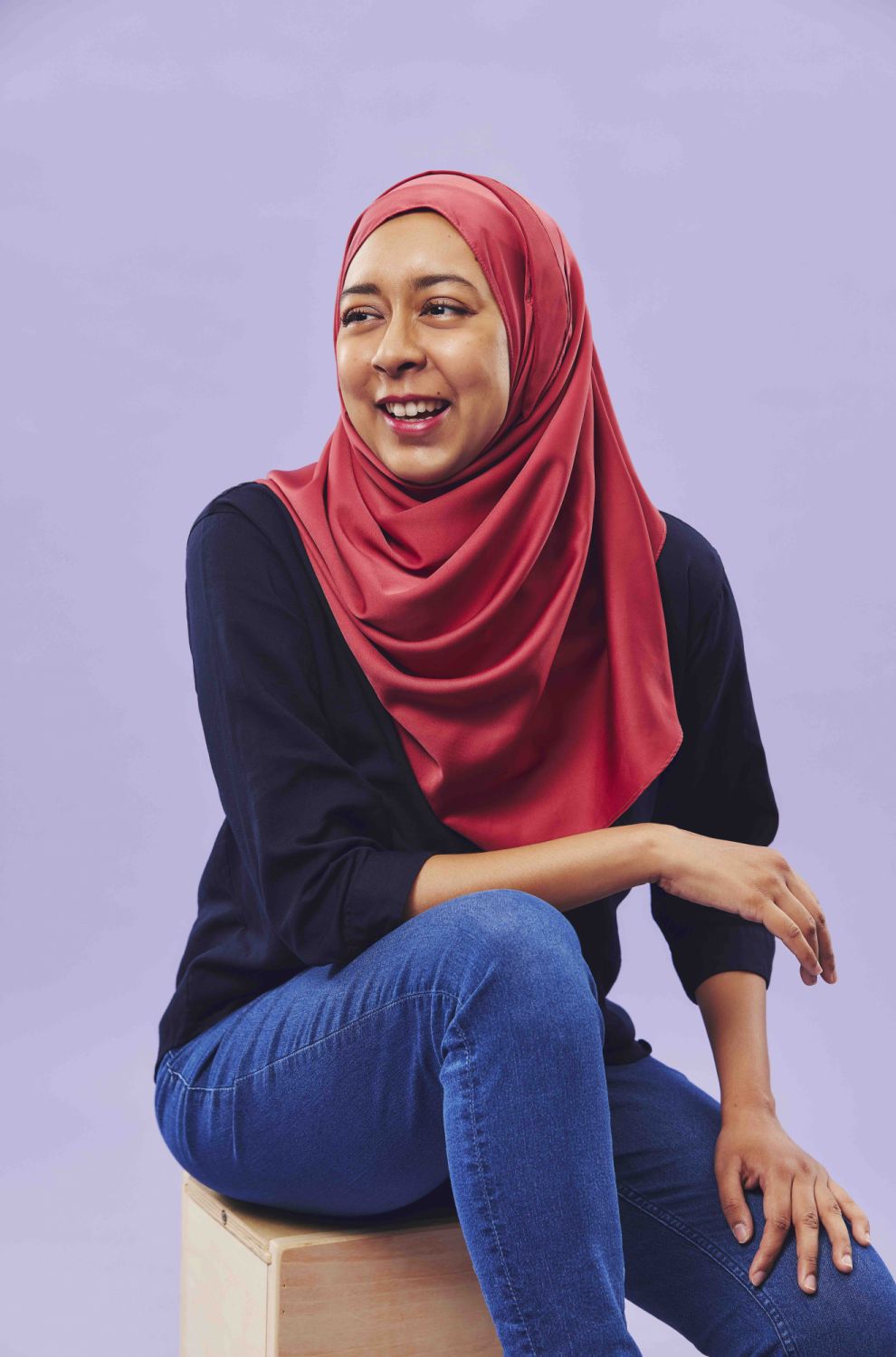The founder of Singapore-based non-profit The Codette Project on celebrating inclusivity in the tech industry and the importance of all kinds of women being represented
Since its launch in 2018, people have made a lot absurd assumptions about The Codette Project, a Singapore-based non-profit that helps minority and Muslim women gain tech skills. Some accused founder Nurul Jihadah Hussain and her team of hating men, while others argued that minority and Muslim women aren’t really interested in tech. When Hussain floated the idea of an all-woman hackathon in Singapore she also met with resistance. “A lot of the pushback was people saying: ‘If women wanted to be in tech, they would be already’. But that is so patronising,” says Hussain. She went ahead anyway and held a hugely successful event in 2018, one of many initiatives hosted by the non-profit celebrating inclusivity in the tech industry.
One of Hussain’s key goals is to prove that no matter what background someone comes from, they can be successful in tech. She is also a strong advocate for making industry events more inclusive and accommodating to women. The Codette Project’s first hackathon made headlines as a breastfeeding room, multi-faith prayer and meditation room were all provided, as well as halal and vegetarian food, all things almost unheard of at tech conferences in the city and even worldwide. “The second year we held the hackathon we offered childcare,” says Hussain proudly. “We want women to be able to bring their whole selves to the table in their participation in the tech industry, because we know women want to do it. This is why we take [things like this] so seriously.”
Today, Hussain, who is a 2022 Gen.T honouree, has emerged as a globally recognised diversity advocate. In 2018 she was named one of 115 global community leaders as part of Facebook’s Community Leadership Programme. Two years later, she was named one of Singapore’s Top 100 Women in Tech (SG100WIT), an award organised by the Singapore Computer Society (SCS) and the Infocomm Media Development Authority (IMDA). Since The Codette Project officially launched four years ago, it has attracted the attention of major tech companies including Google and American software company Zendesk, who have provided substantial financial support.

While the tech industry is among the most powerful in today’s economy, it’s also notorious for its lack of diversity. Hussain is seen as a pioneer who is looking to change that equation. While she never specialised in tech—Hussain studied politics and Arabic in Edinburgh before completing an MBA in Singapore—she has always been passionate about the field. “If you are looking at long term economic growth, especially for the minority and Muslim community, then I believe that the tech industry is the most level playing field for success,” she says, adding that she has a broader definition of tech that reaches beyond merely coding or software development. “We define tech quite widely, so it's really everything from user experience and design to social media management.”
Hussain came up with the idea to start The Codette Project in 2015 when Yayasan Mendaki, a self-help group focused on the Singapore Malay and Muslim community, gave her the opportunity to pitch a social impact idea for the Ridzwan Dzafir Community Awards (RDCA) which offered a scholarship. After researching various initiatives across the world, she came across Black Girls Code in the US, which struck a chord. “This was something that I felt very inspired by, so I thought how can I do it in Singapore?” she recalls. Mendaki ended up providing her with initial seed fund of S$7,500 in lieu of a scholarship. Hussain had just finished her MBA and was in the midst of job hunting, but she immediately started building a team for the non-profit. Today, Hussain works full-time as a career coach at a university while running The Codette Project, as is the case with her entire team of ten who are all volunteers working for free.


